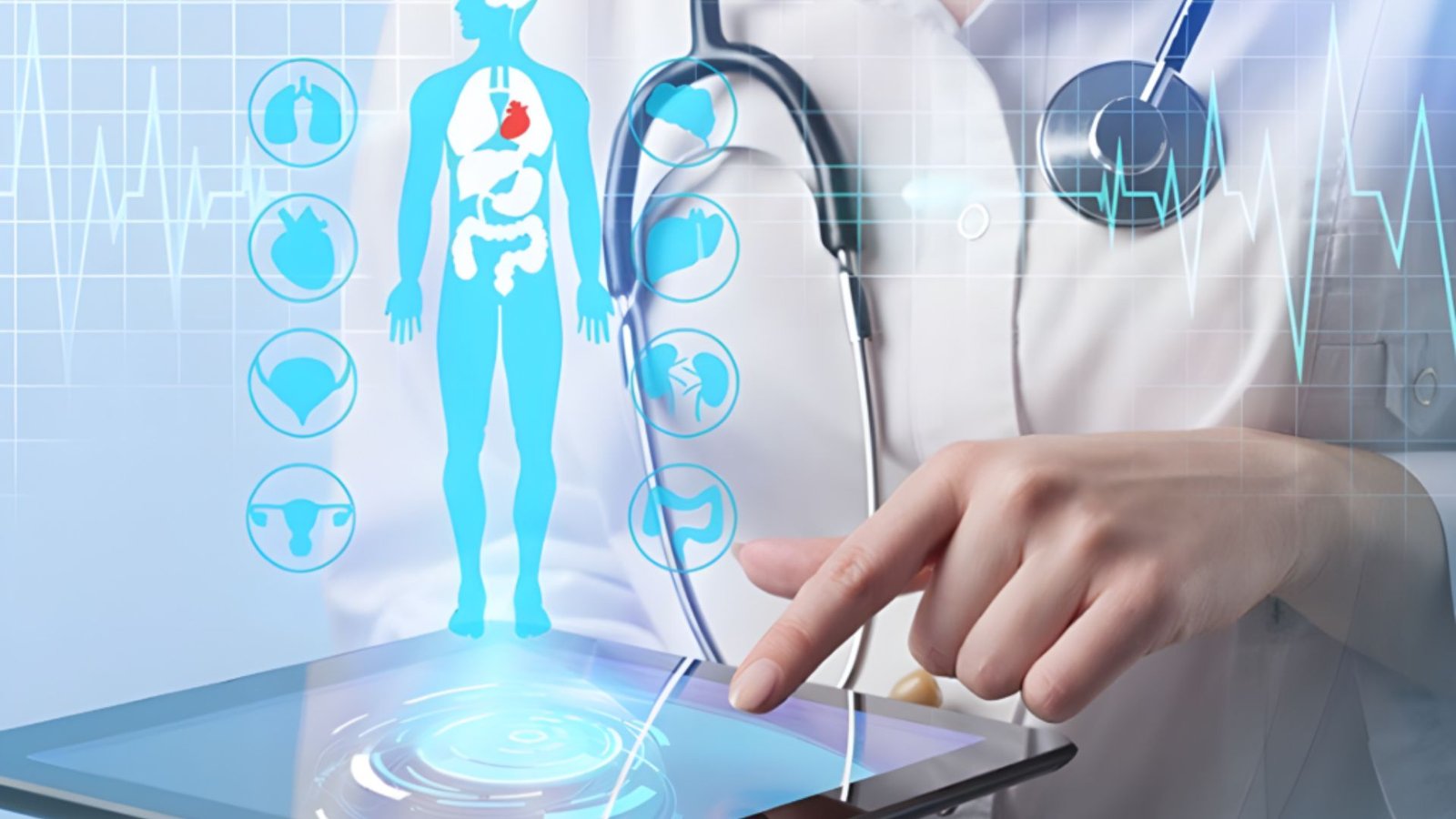Ways Technology is Transforming Healthcare
Technology is revolutionizing healthcare in numerous ways, making it more efficient, accessible, and effective. From advanced medical devices to telemedicine, the healthcare industry is experiencing a significant transformation. Here are some key ways technology is transforming healthcare.

Telemedicine
Telemedicine is one of the most significant advancements in healthcare technology.
- Remote Consultations: Patients can consult with doctors from the comfort of their homes using video conferencing tools like Zoom and Microsoft Teams.
- Virtual Follow-Ups: Follow-up appointments can be conducted online, saving time and reducing the need for in-person visits.
- Access to Specialists: Telemedicine provides access to specialists who may not be available locally, improving the quality of care.
Electronic Health Records (EHRs)
Electronic Health Records have streamlined the management of patient information.
- Comprehensive Data: EHRs store all patient information in one place, making it easy for healthcare providers to access and update records.
- Improved Coordination: EHRs facilitate better coordination among different healthcare providers, ensuring that everyone has up-to-date information.
- Enhanced Patient Safety: EHRs reduce the risk of errors associated with paper records and improve overall patient safety.
Wearable Technology
Wearable technology is changing the way patients monitor and manage their health.
- Fitness Trackers: Devices like Fitbit and Apple Watch track physical activity, heart rate, and sleep patterns, helping users maintain a healthy lifestyle.
- Medical Wearables: Devices like continuous glucose monitors and heart rate monitors provide real-time data to patients and healthcare providers.
- Remote Monitoring: Wearables allow for remote monitoring of patients with chronic conditions, reducing the need for frequent hospital visits.
Artificial Intelligence (AI)
AI is playing an increasingly important role in healthcare.
- Diagnostics: AI algorithms can analyze medical images and identify conditions like cancer and fractures with high accuracy.
- Predictive Analytics: AI can predict disease outbreaks and patient outcomes, enabling proactive interventions.
- Personalized Treatment: AI helps in developing personalized treatment plans based on individual patient data and medical history.
Robotics
Robotics is transforming surgical procedures and rehabilitation.
- Surgical Robots: Robots like the da Vinci Surgical System enable surgeons to perform minimally invasive surgeries with high precision.
- Rehabilitation Robots: Robots assist patients in physical therapy, helping them regain movement and strength.
- Automation: Robots automate routine tasks in hospitals, such as dispensing medications and transporting supplies.
Mobile Health Apps
Mobile health apps are empowering patients to take control of their health.
- Health Tracking: Apps like MyFitnessPal and Google Fit help users track their diet, exercise, and overall health.
- Medication Reminders: Apps send reminders to patients to take their medications on time.
- Virtual Consultations: Some apps offer virtual consultations with healthcare providers, making healthcare more accessible.
3D Printing
3D printing is revolutionizing the production of medical devices and implants.
- Customized Implants: 3D printing allows for the creation of customized implants and prosthetics tailored to individual patients.
- Surgical Models: Surgeons use 3D-printed models of patient anatomy to plan and practice complex surgeries.
- Medical Devices: 3D printing enables the rapid production of medical devices, reducing costs and improving availability.
Genomics
Advances in genomics are enabling personalized medicine and improved disease prevention.
- Genetic Testing: Genetic tests identify predispositions to certain diseases, allowing for early interventions.
- Personalized Treatment: Genomic data helps in developing personalized treatment plans based on an individual’s genetic makeup.
- Disease Prevention: Genomics research is leading to new ways to prevent and treat genetic disorders.
Blockchain
Blockchain technology is improving the security and transparency of medical records.
- Secure Data: Blockchain ensures that medical records are securely stored and only accessible to authorized individuals.
- Data Integrity: Blockchain maintains the integrity of medical records, preventing tampering and unauthorized changes.
- Interoperability: Blockchain facilitates the secure sharing of medical data between different healthcare providers.
Conclusion
Technology is transforming healthcare in profound ways, making it more efficient, accessible, and personalized. Telemedicine, electronic health records, wearable technology, artificial intelligence, robotics, mobile health apps, 3D printing, genomics, and blockchain are just some of the advancements driving this transformation. By embracing these technologies, the healthcare industry can improve patient outcomes, enhance the quality of care, and make healthcare more accessible to everyone. Embrace these ways technology is transforming healthcare and experience a more advanced and effective healthcare system.



